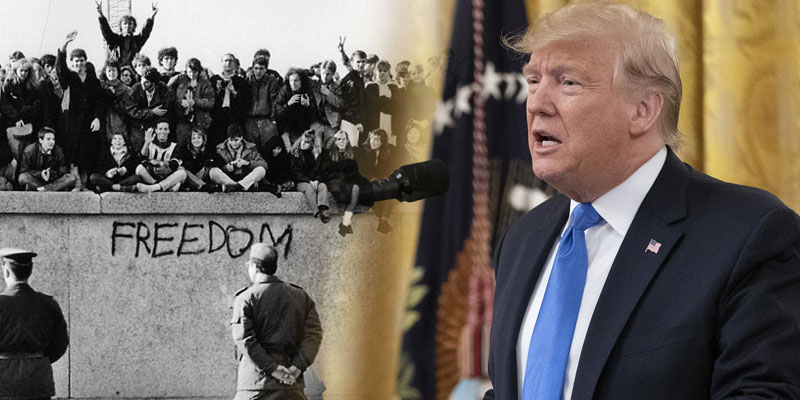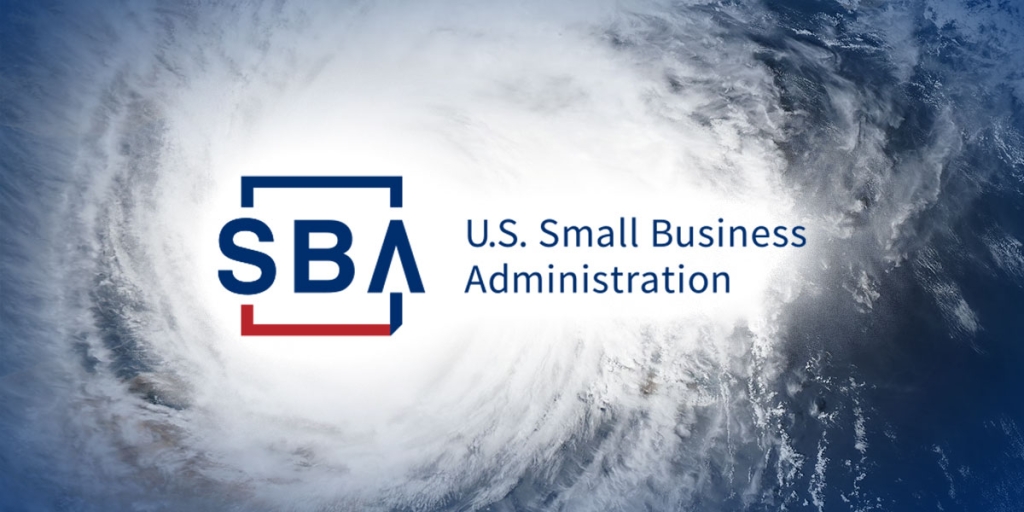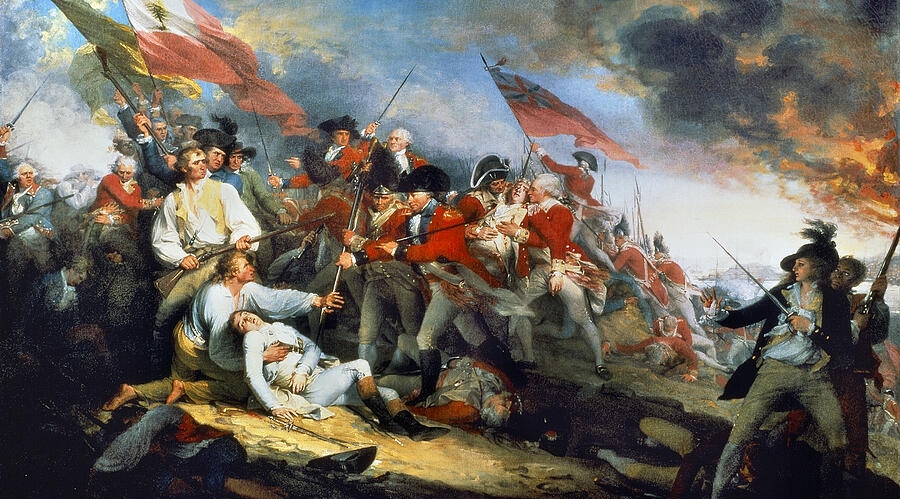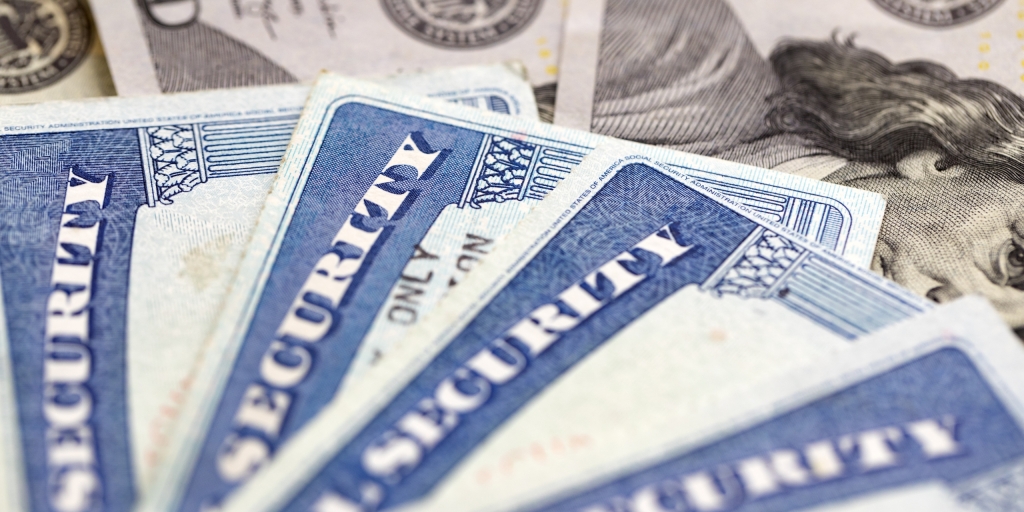The Berlin Wall, the most visible manifestation of Communist oppression, came down thirty years ago. This totally unexpected event was a triumph of hope and the human spirit. How can social scientists explain a seemingly impossible event?
The Wall isolated West Berlin, part of democratic West Germany, almost 100 miles inside communist East Germany. The Wall and the Iron Curtain appeared to permanently divide Europe. The Wall was built in August 1961 to halt an East German exodus, including 30,000 persons in July 1961. The Wall symbolized the human tragedy of European communism: an existence so bleak that nations had to be turned into virtual prisons.
The Wall did not seem to be going anywhere. The East German regime was well-entrenched and supported by its ruthlessly efficient secret police, the Stasi. And military intervention by the Soviet Union, as in Hungary in 1956 and Czechoslovakia in 1968, loomed should a Warsaw Pact nation abandon communism.
Change, though, was brewing. Mikhail Gorbachev had initiated glasnost and perestroika in the Soviet Union, and in Poland, the Solidarity labor movement was sharing power. Eastern Europe’s planned economy was in shambles. High oil prices had propped up this woefully inefficient system, which workers described aptly as “We pretend to work, and they pretend to pay us.” Tumbling oil prices in the 1980s brought ruin to European communism.
Events unfolded quickly. In June 1989, Mr. Gorbachev announced that the Soviet Union would no longer intervene to prevent regime change in eastern Europe. Peaceful Monday evening protests began in Leipzig, which the East German regime chose not to violently crush. The soldiers and leaders, I think, realized they were no longer building or defending a worker’s paradise; maintaining a bankrupt regime was just not worth bloodshed. Protests spread to East Berlin and other cities and East Germans began migrating west through Hungary. After the Wall fell, Germany peacefully reunited in 1990.
How can we explain such rapid and unexpected change? Public choice economists study government decision-making, most frequently within democracy. Following the lead of Gordon Tullock, some public choice economists, myself included, have also studied authoritarian politics. Duke University economist Timur Kuran’s research on preference falsification provides an excellent explanation.
How does this work? The stability of any regime, democratic but particularly authoritarian, depends on public attitudes and statements by citizens, soldiers, bureaucrats, and other government officials. People also have personal beliefs about the regime or leader.
Publicly expressed beliefs can differ from personal beliefs, the possible falsification. Authoritarian leaders typically punish dissent, providing one reason for people to lie. The incentive is greatest when almost everyone publicly supports the government.
A successful dictator needs widespread expressions of support, which can be sustained, or coerced, even when most everyone despises the regime. The public support can keep people from learning that almost everyone dislikes the regime. An unpopular dictator can maintain control and yet still be highly vulnerable. A few sparks can suddenly and unexpectedly bring the Berlin Wall crashing down.
Is preference falsification relevant for America today? I think so, in two ways. Many supporters of President Trump face social pressures and sanctions. Game show host Chuck Woolery, for instance, recently said he thought that supporting Mr. Trump ruined his career. Whether true or not, Mr. Woolery’s sentiments reflect the views of many Trump supporters, who may well choose to remain quiet.
Republican politicians have also faced a significant backlash from Republican voters for criticizing Mr. Trump. South Carolina’s Mark Sanford, for one, lost a 2018 primary challenge. Other Republicans have surely stayed silent even when disagreeing with the President’s actions and tweets.
Widespread preference falsification allows rapid and unexpected change. Many observers think that the Republican-controlled Senate would never remove President Trump if he were impeached; preference falsification suggests not so fast. And public opinion polls will almost certainly underestimate Mr. Trump’s support among voters, as in 2016. We may just need to expect the unexpected.
Daniel Sutter is the Charles G. Koch Professor of Economics with the Manuel H. Johnson Center for Political Economy at Troy University and host of Econversations on TrojanVision. The opinions expressed in this column are the author’s and do not necessarily reflect the views of Troy University.












